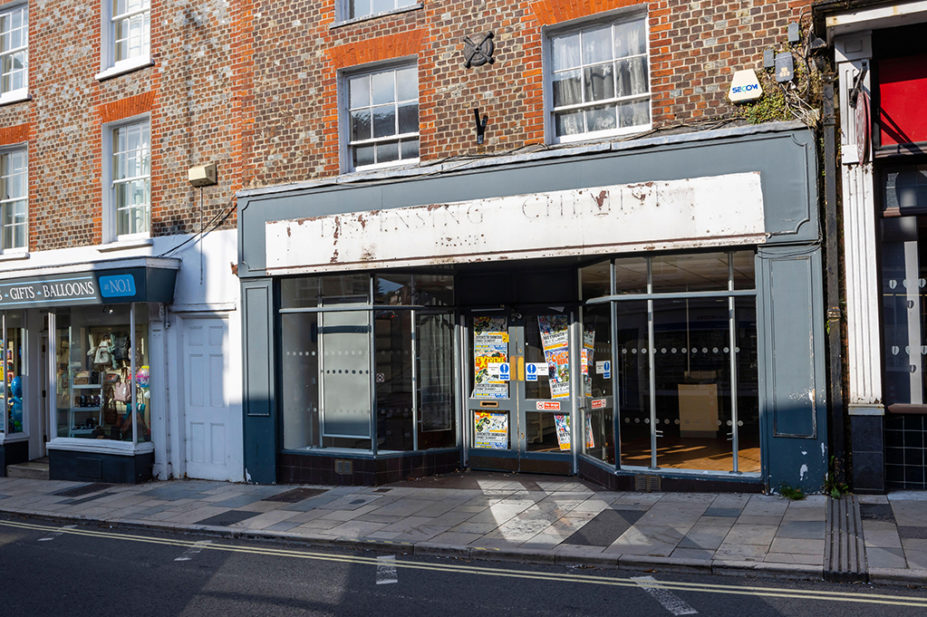
Graham Prentice / Alamy Stock Photo
NHS England has revealed losses of nearly £16m after “a significant number” of pharmacies closed before repaying their share of government loans distributed to help the sector cope with pressures related to COVID-19.
Between April and July 2020, the government loaned community pharmacies a total of £370m to manage cashflow issues caused by the COVID-19 pandemic.
The government later asked for this to be repaid by contractors in six instalments from October 2021.
However, NHS England’s 2021/2022 annual report, published on 30 January 2023, listed a loss of £15.7m in 2021/2022 because “a significant number of pharmacy contractors closed down between April 2020 and March 2022, making recovery of the advanced sum infeasible”.
The report added that cost pressures on pharmacies “were caused by several issues, including a sharp increase in prescription items in March and April 2020, higher drug prices, delayed payments for the pharmacy quality scheme and extra COVID-19 related costs”.
“The government decided and agreed to provide an urgent uplift to the normal advance payments to support pharmacies with their cashflow pressures and to help them stay open to continue to provide vital NHS pharmaceutical services,” it said.
However, an analysis by The Pharmaceutical Journal published in January 2021 revealed a spike in pharmacy closures in 2020, with 202 shutting their doors, in net terms, compared with 123 in 2019 and 122 in 2018.
Also, in January 2023, announcements signalled the closure of potentially hundreds more supermarket-based community pharmacies later in the year.
On 19 January 2023, LloydsPharmacy said it will withdraw pharmacy services from Sainsbury’s supermarkets this year “in response to changing market conditions”, affecting more than 200 branches.
Then, on 26 January 2023, a statement on supermarket chain Asda’s website said that it is also proposing to close 7 of its 254 in-store pharmacies owing to low customer usage, which would affect 14 pharmacists.
Tesco announced similar plans in a statement on 31 January 2023 to close 8 of its 365 in-store pharmacies “where there are other pharmacies within one mile of our store”.
In a letter sent to prime minister Rishi Sunak on 16 January 2023, representatives from across community pharmacy warned of more “unprecedented and unplanned closures” without further government funding.
The letter said: “The 30% funding cuts over the last seven years have pushed us to our limit operationally. Many pharmacy owners believe their businesses will not survive 2023, and the constraints are already degrading patient services.
“Without urgent intervention we are moving towards large numbers of permanent pharmacy closures, putting the safe supply of prescription medicines at risk,” the letter said.
It added that pharmacies “could provide additional services to help ease pressures in other parts of the system” but unless pharmacy is put “on a sustainable footing, we won’t reach our full potential in helping with your goals for the health service”.
Janet Morrison, chief executive of the Pharmaceutical Services Negotiating Committee, said: “This is a critical time for community pharmacy and it’s important that the prime minister knows that.”


